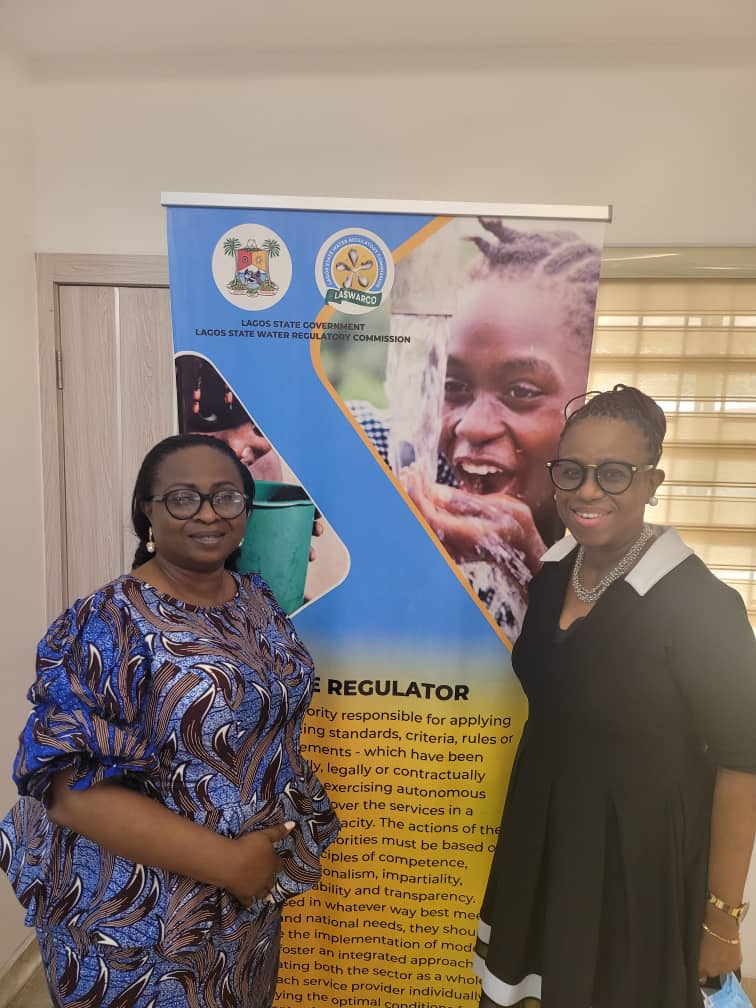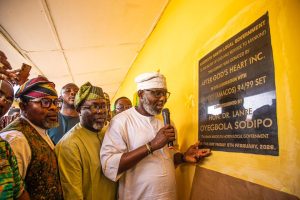
…Moves Against Open Defecation
As part of activities to commemorate 2022 World Water Day and International Women’s Day, the Network of Female Professionals in Water Supply, Sanitation and Hygiene (FEMinWASH) said it would launch a national program to build the capacity of younger women in the stem-related areas.
The program, according to the President of the Network, Dr. Bolu Onabolu, would be launched on April 13, 2022, in partnership with the Federal Ministry of Water Resources.
Onabolu disclosed this during a courtesy visit to the Executive Secretary, Lagos State Water Regulatory Commission (LASWARCO), Mrs. Funke Adepoju, who incidentally is also the Vice President of the organization.
She said under the first batch, a number of young females will be selected for training in plumbing, while the Network will make efforts to assist the beneficiaries with a work placement within the sector.
“We also plan to launch on that day the capacity building arrangement that we have with the Water Institute of South Africa for accredited professional development.
“We are partnering with the Federal Ministry of Water Resources in some key strategic ways. For example, the Grand Patron of the Network is the Hon Minister of Water Resources, an outstanding sector professional, and also the Ambassador for this Network is the Permanent Secretary of the Federal Ministry of Water Resources, a distinguished female professional with a passion for water resources and gender.
“As professionals, members of the Network are deploying our collective expertise and passion to ensure that Nigeria moves forward in terms of provision of water and sanitation to the most vulnerable people in various ways,” Onabolu said.
She added that the challenge before the country in the WASH sector was massive, adding that the Network of Female Professionals recognized the fact that the government cannot do it alone, and therefore honored the call of the government for partnership.
Onabolu said it was inspiring that the Ministry of Water Resources had indicated its openness to ideas from the Network, especially around how to move the country forward with regards to sanitation, particularly to ensure eradication of open defecation.
She also said that organizations within the Network are working on various sustainability projects needed at the community level such as training and provision of tools for operation and maintenance, which according to her, are important and critical factors to bring about sustainability.
“These are some of the things we are doing to contribute our quota to the efforts of the government and other stakeholders to ensure that the country follows best practices.
“Our interventions are to show the way by developing models and working in partnership with training institutes to ensure that this is actually scaled up, while it is expected that government and other stakeholders will further take it up from there,” Onabolu said.



